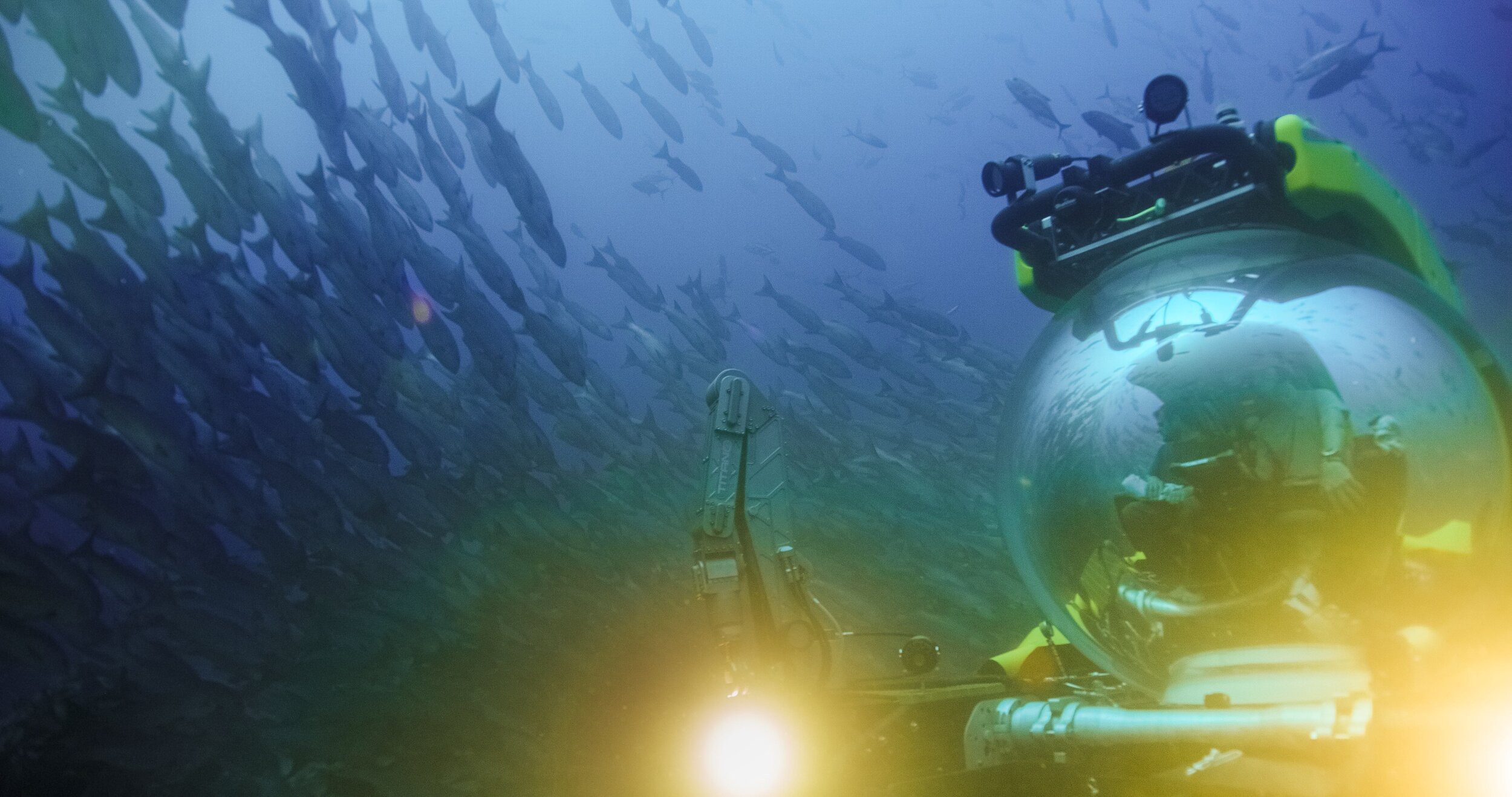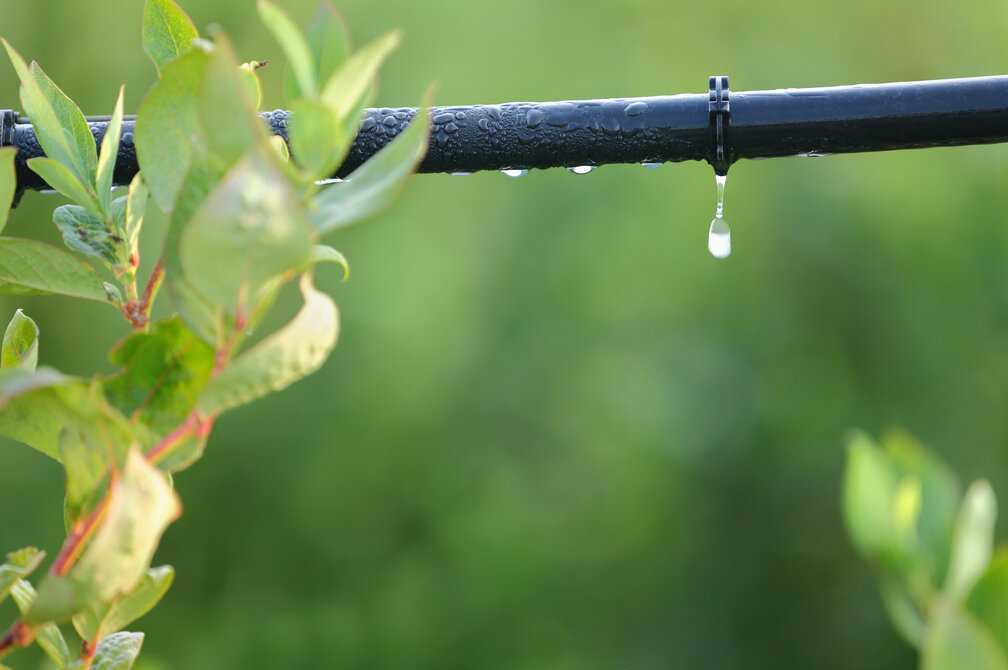
Massive amounts of plastic pollution accumulating in the oceans represent an escalating and disturbing problem. Case in point, the recent revelation of a remote island, thousands of miles from any city, covered in trash. Among other costs, it’s been estimated that 1 million seabirds die each year because of ocean plastic.
Yet despite a rising flood of philanthropic dollars toward ocean conservation, reducing trash has not been a major priority for many foundations or big donors. The issue did get a big lift when the Oak Foundation named it one of its new leading priorities. And now, we’re seeing another milestone with the creation of the New Plastics Economy Innovation Prize, which will award $2 million collectively for solutions that improve how we make and use plastic products—too many of which eventually end up in waterways.
Related: A Top Conservation Funder Shifts to Give New Attention to Fisheries and Plastic Trash
The prize is funded by Wendy Schmidt, who is married to Google’s Eric Schmidt and is no stranger to marine funding or philanthropic prizes. The Schmidts are major environmental donors, and Wendy often takes the lead in this giving. Among their top endeavors is the Schmidt Ocean Institute, which works to “advance the frontiers of global marine research by providing state of the art operational, technological, and informational support to the pioneering ocean science and technology development projects at sea.”
The prize is led by the Ellen MacArthur Foundation, a British charity that champions the “circular economy,” an umbrella term that describes waste-reducing practices for industry, including reuse, recycling and remanufacturing.
The Ellen MacArthur Foundation has launched a three-year initiative called the New Plastics Economy, a partnership that includes Wendy Schmidt and, troublingly, several large corporations that produce massive amounts of plastic trash (more on that later). The innovation prize is one component of this initiative.
The prize itself actually consists of two separate competitions, one focused on creative design of packaging solutions, e.g., getting rid of those tiny plastic ketchup packets that never get recycled. The second is about developing new materials to replace non-recyclable plastics.
There are definitely things to like about this contest, including some of the logistics. The design competition is being held on collaborative platform OpenIDEO, which makes the process more than a winner-take-all competition. And the materials portion concludes with an accelerator program for winners. Design can certainly be one component of this solution, and these competitions also have a way of putting an emerging issue in the spotlight.
But we should also be cautious of a narrative that puts too much emphasis on innovation and creativity as the answers to big problems like ocean pollution. I’m also extremely wary of a campaign that counts on the corporate actors responsible for pollution to take the lead in solving it. Promoting the prize in London, Wendy Schmidt said:
These prizes provide a framework where corporations are ready and willing to adopt new ideas, to be the first movers, to create the momentum, and then get others to follow. … That’s why it’s not environmentalism, it’s good business.
The New Plastics Economy’s core partners include some of the biggest contributors of single-use plastic product pollution, including Coca-Cola, Danone and PepsiCo, some of the largest producers of disposable plastic bottles in the world. One Greenpeace report called out these companies by name, citing “woeful lack of action by the soft drinks industry to prevent their plastic bottles ending up in our oceans.”
New Plastics Economy core partner Coca-Cola, in particular, is a huge contributor to plastic pollution—although it refuses even to disclose the number of plastic bottles it sells. An April 2017 Greenpeace analysis put that number at more than 100 billion per year, making up nearly 60 percent of the packaging the company produces. Even after Coke joined New Plastics Economy, the environmental group slammed the company’s lack of credible action to reduce pollution, including its increased use of throwaway plastic bottles over the past decade, and its history of lobbying against efforts to curb plastic waste.
Coke and PepsiCo’s involvement certainly doesn’t mean the innovation prize or its winners aren’t going to have positive impacts, and remember, Wendy Schmidt is funding the prize itself. But we should be on high alert when philanthropic initiatives position corporations as pollution reducers, while their business practices show very different track records. Companies like Coca-Cola have a tremendous amount of work to do if we’re to believe they will be the “first movers” in protecting our oceans. When companies do sign on to such initiatives, it’s important to hold them to very high standards to ensure it’s not lip service or a distraction from other activities.
Beyond that, philanthropy needs to back innovation, but also ocean plastics solutions with real teeth, including policy and regulatory solutions such as flat-out banning the worst-offending products, improving global waste management, and promoting zero waste policies funded in part by industry. Let’s hope more philanthropists get on board with a bold mix of waste reduction work that could drastically cut plastic trash entering our oceans.

.jpg)
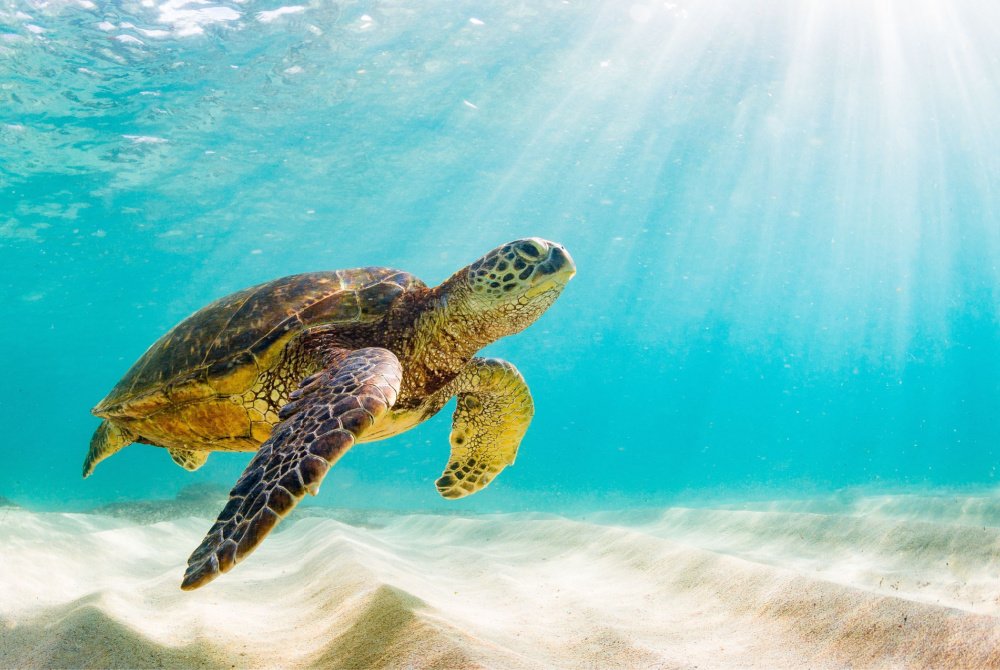
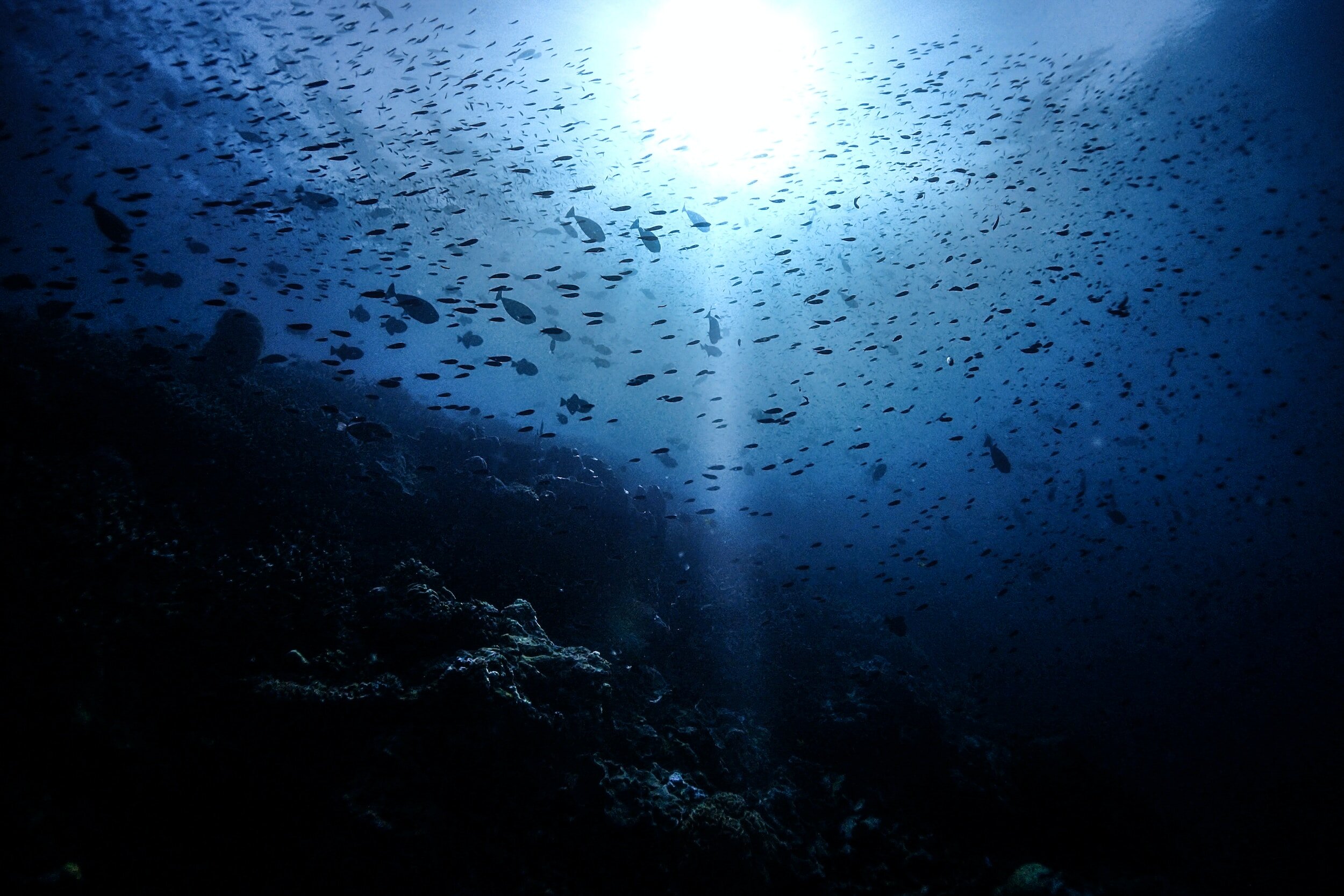
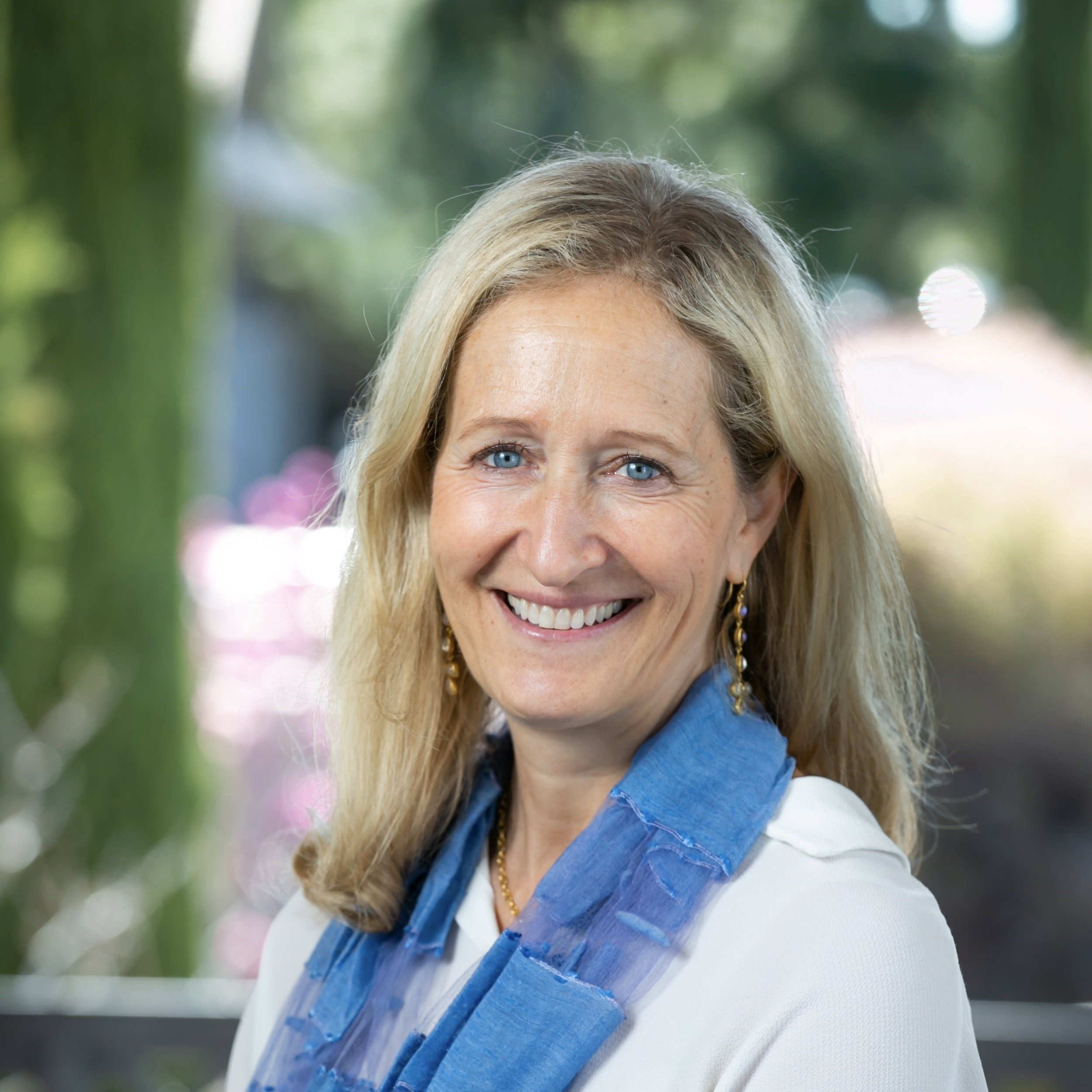
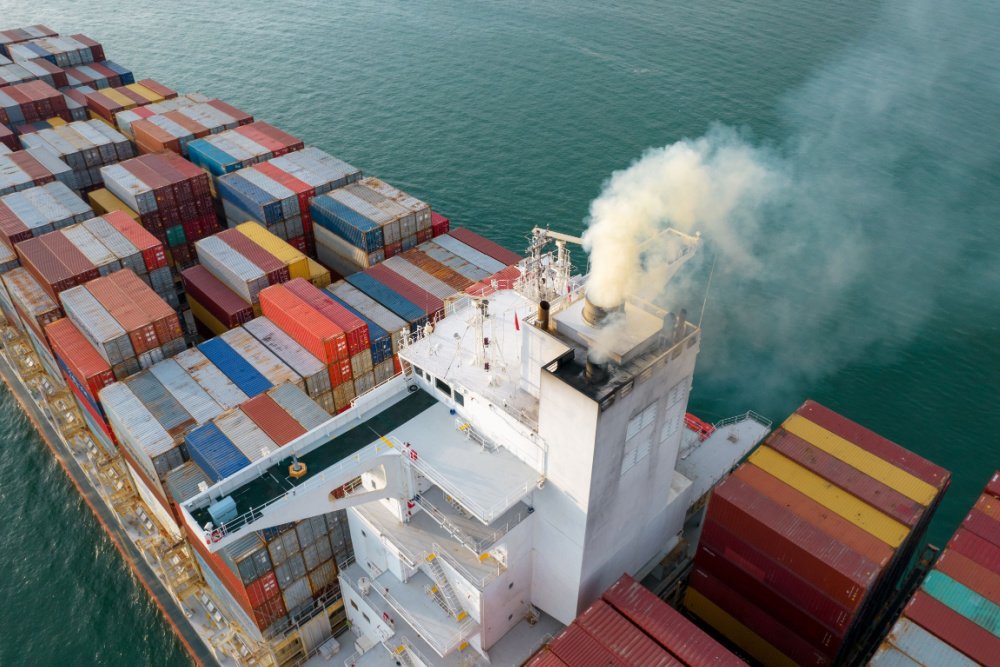
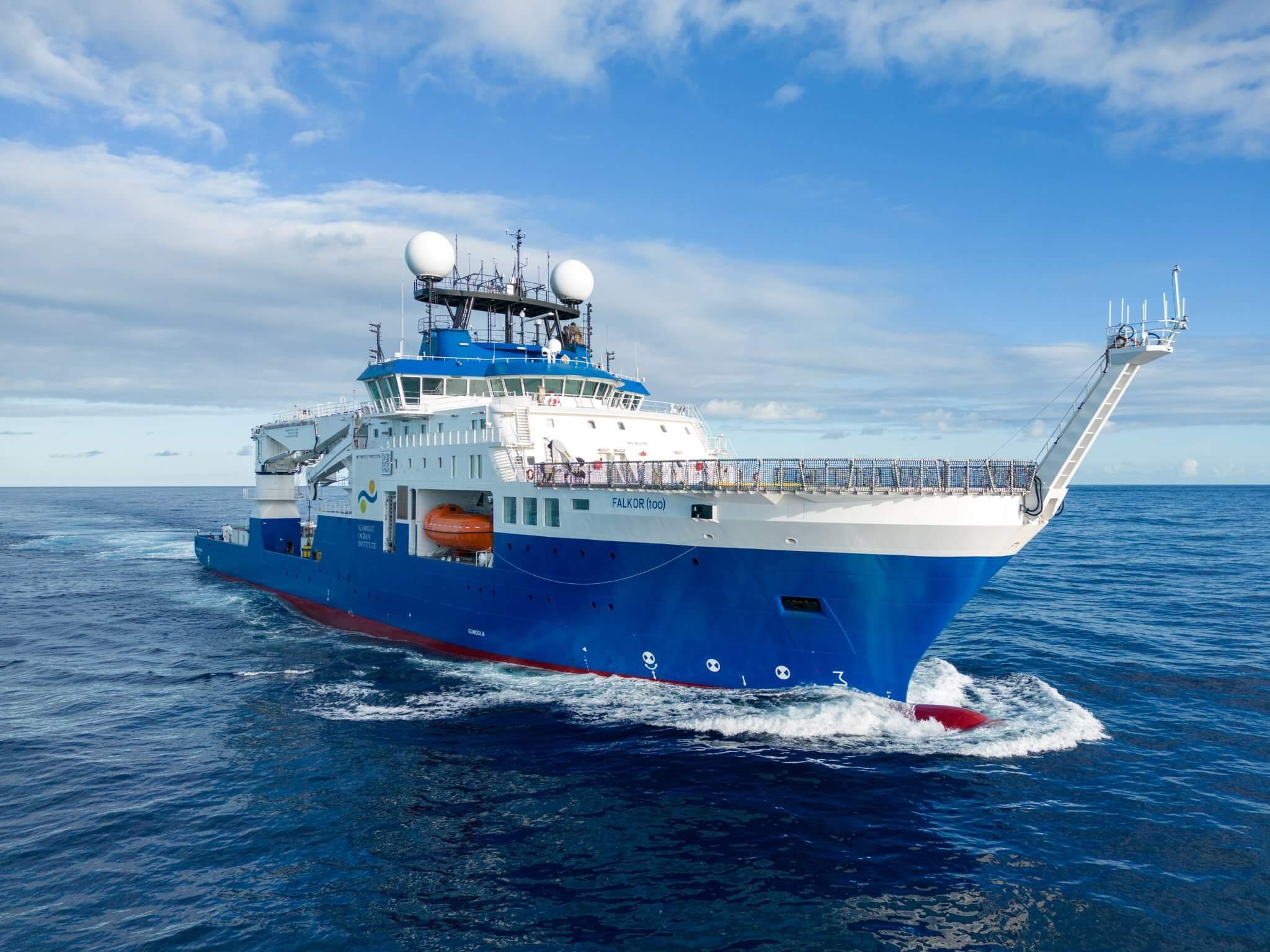
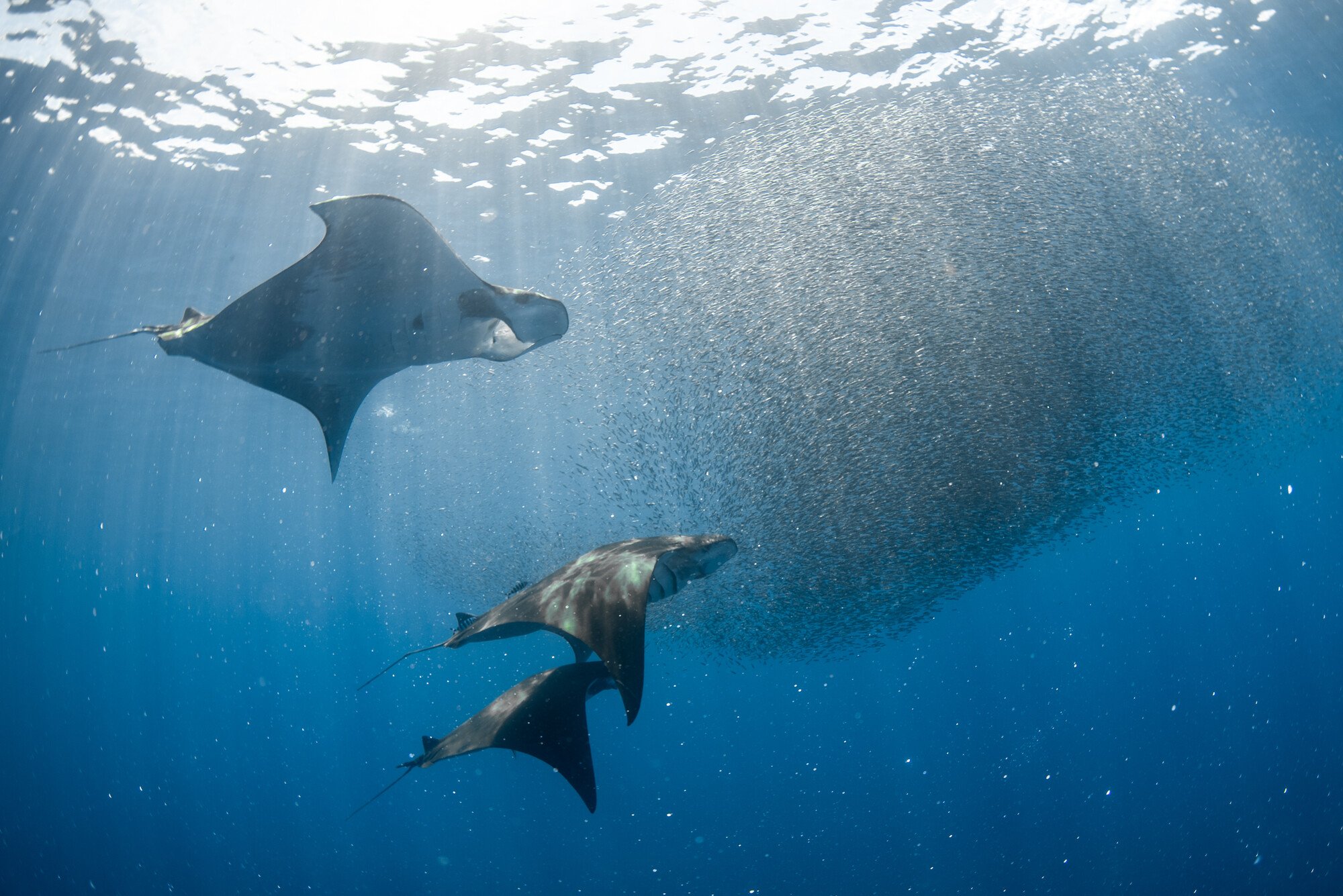
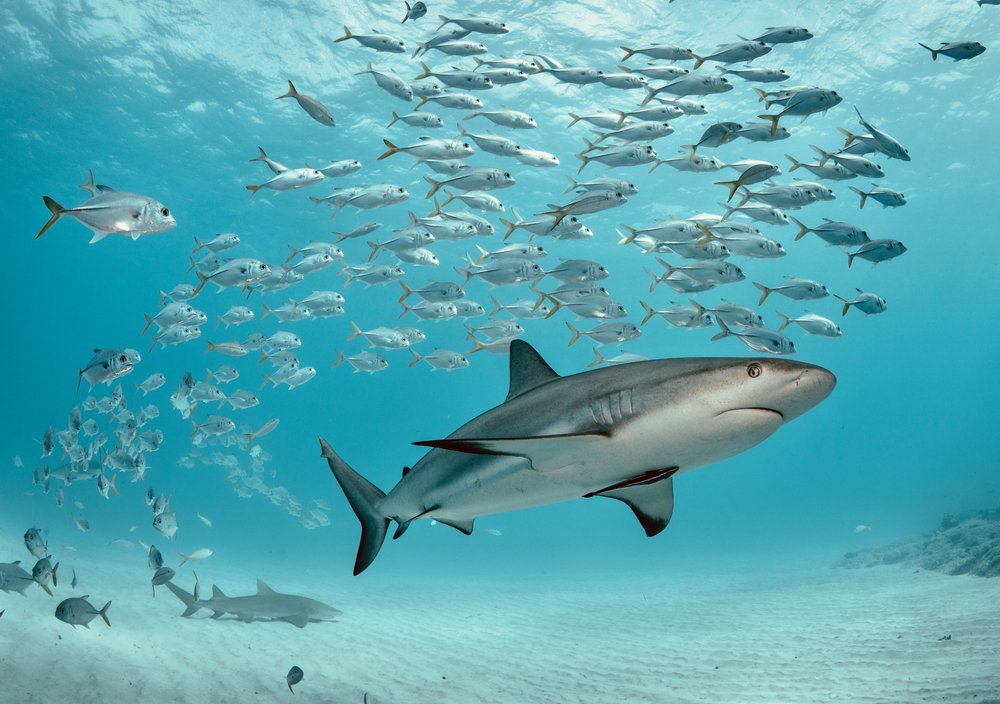



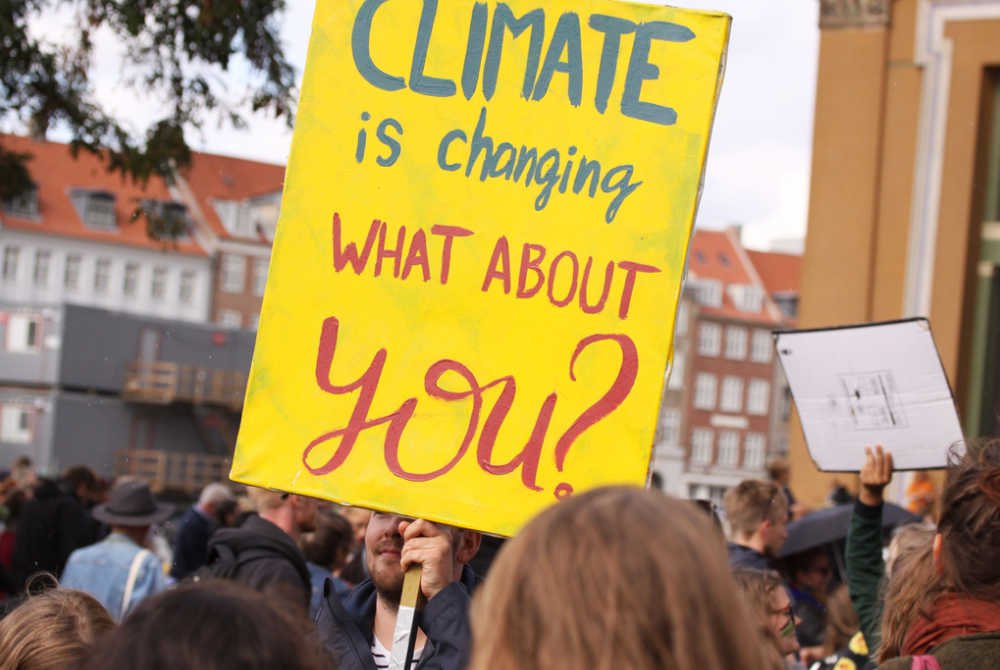
.jpg)
.png)
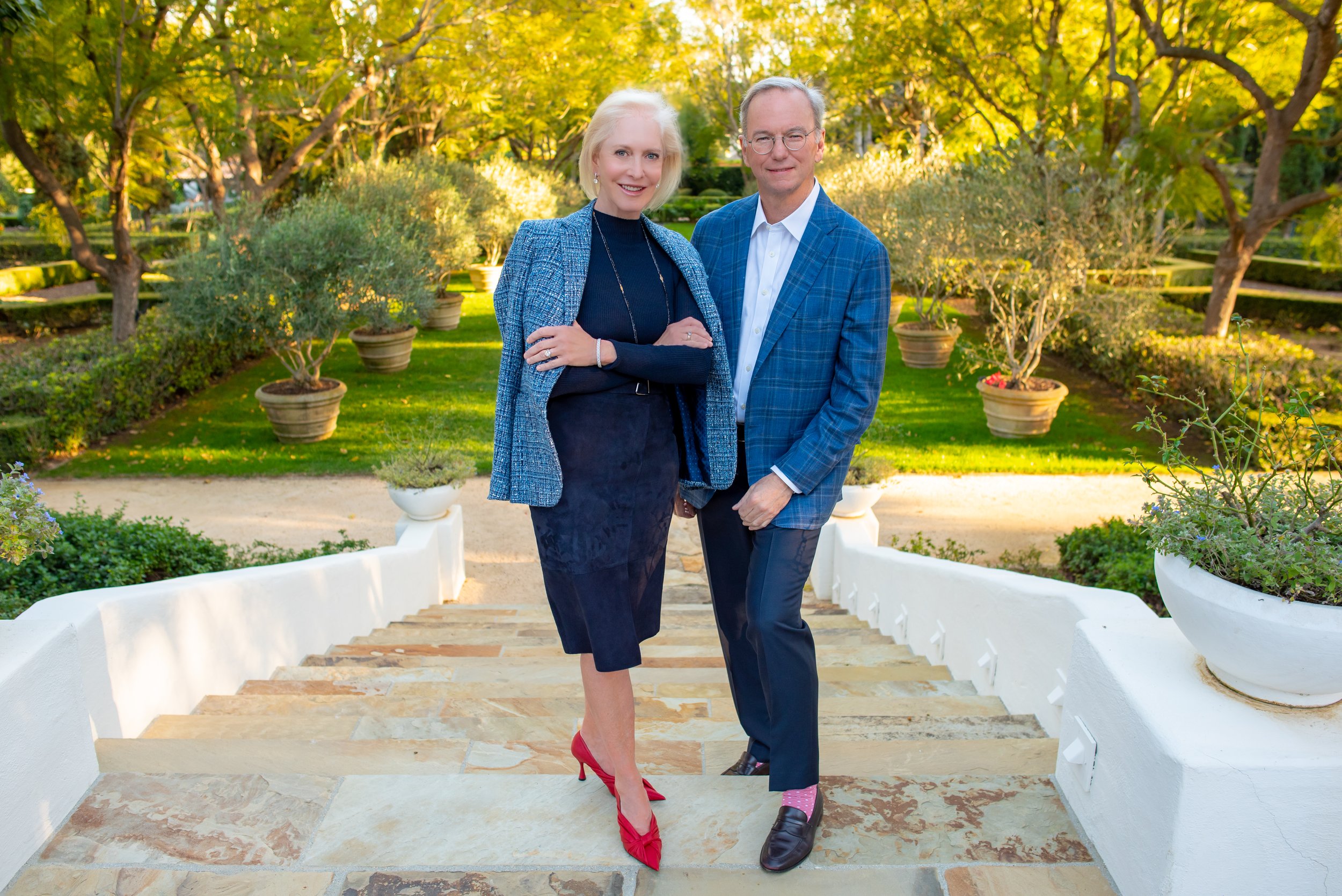

.png)


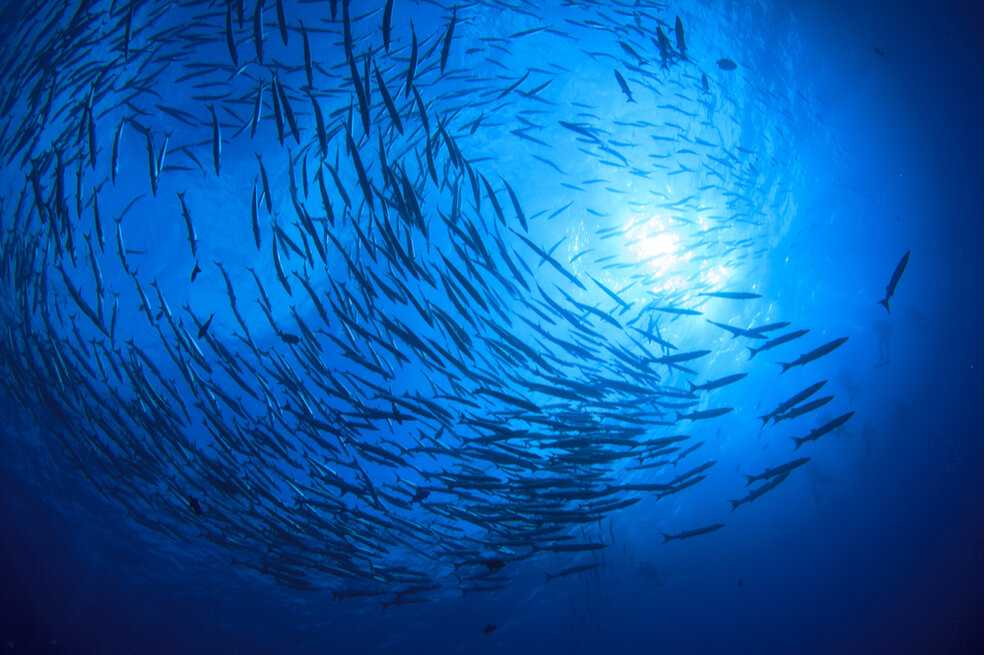
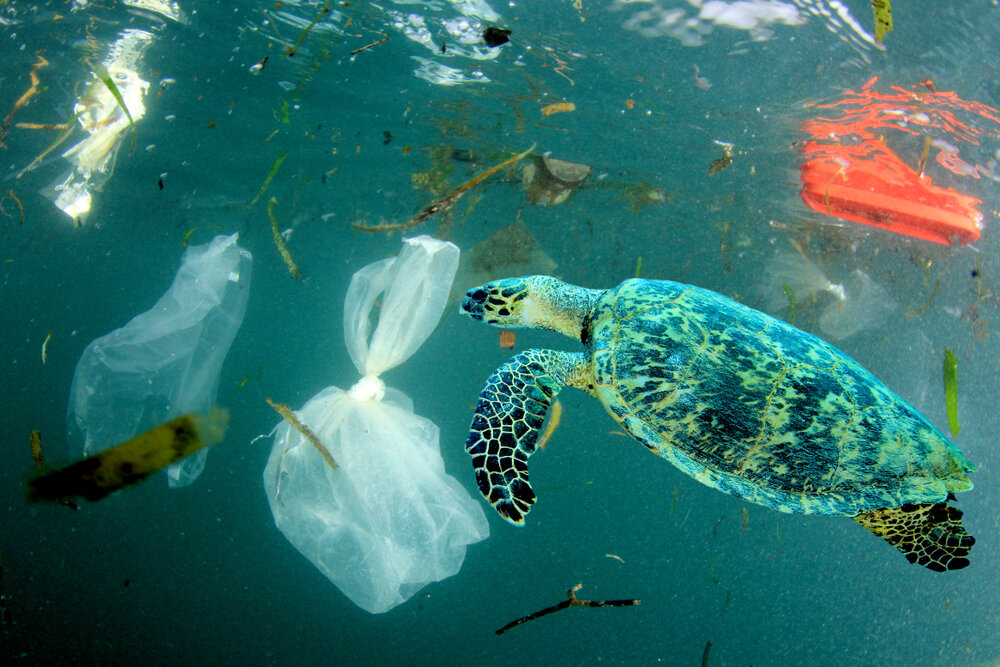

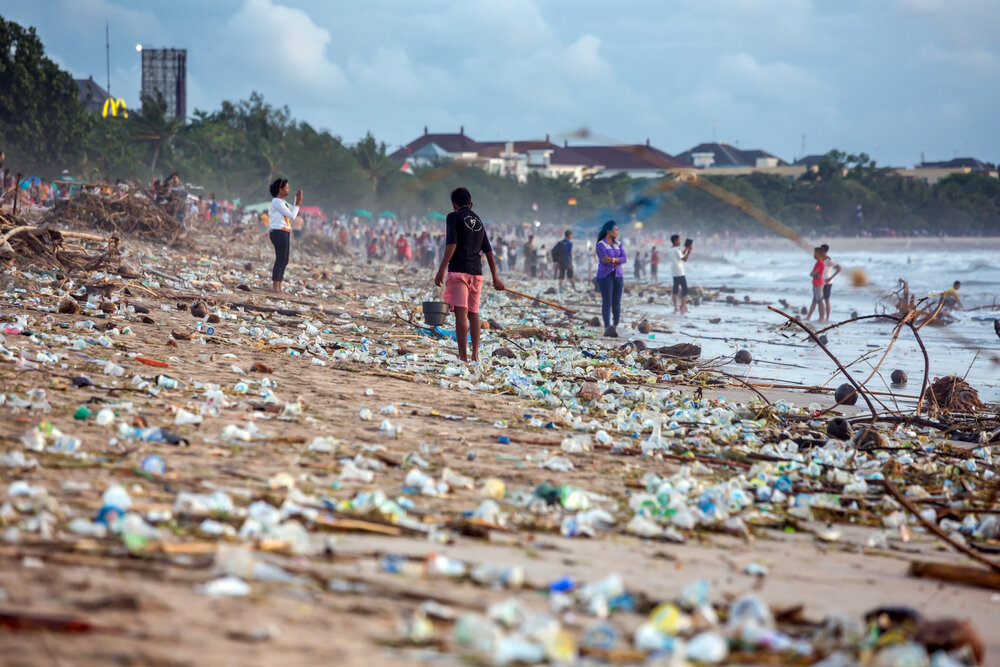
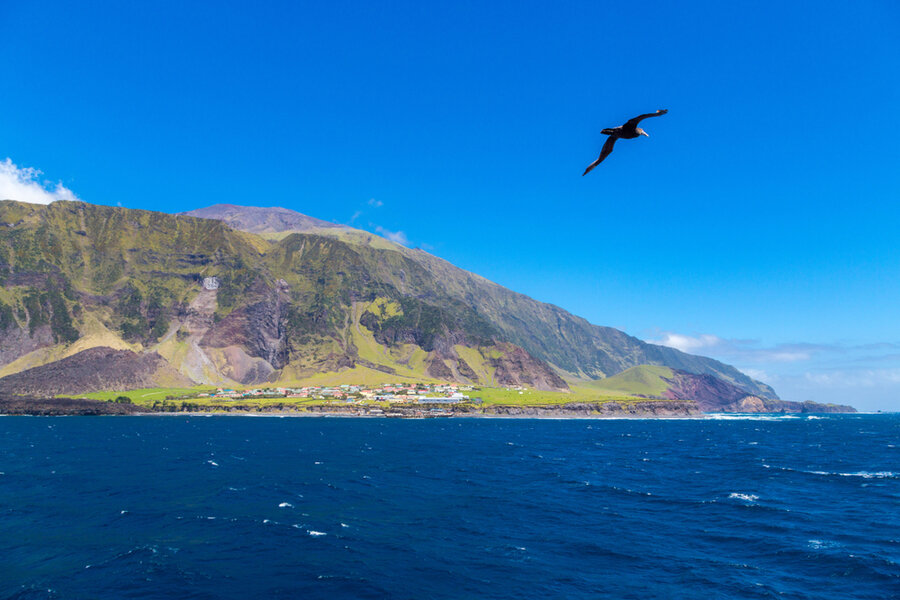
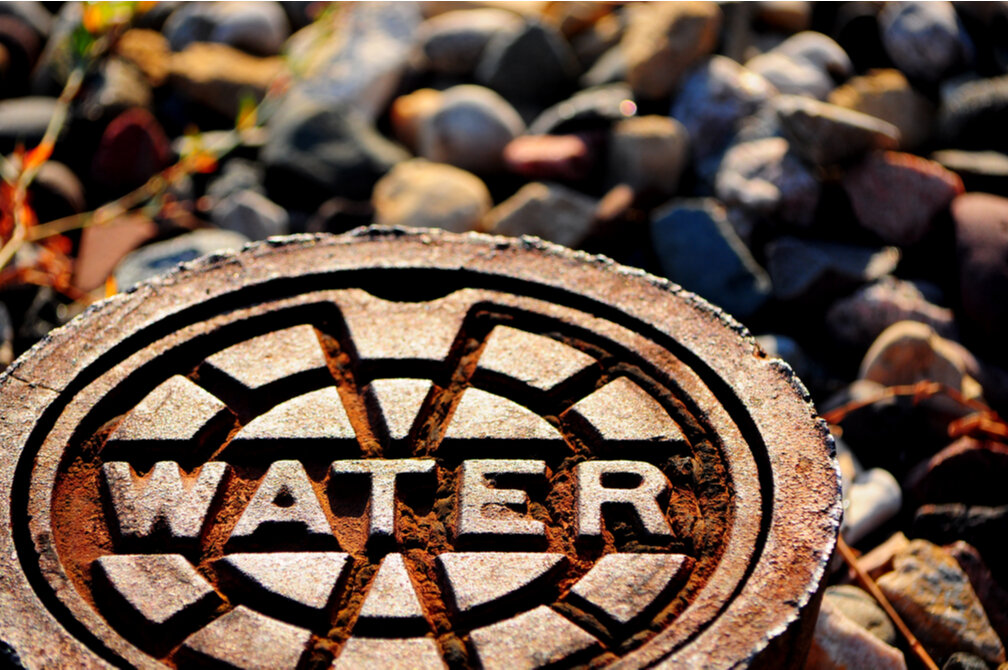
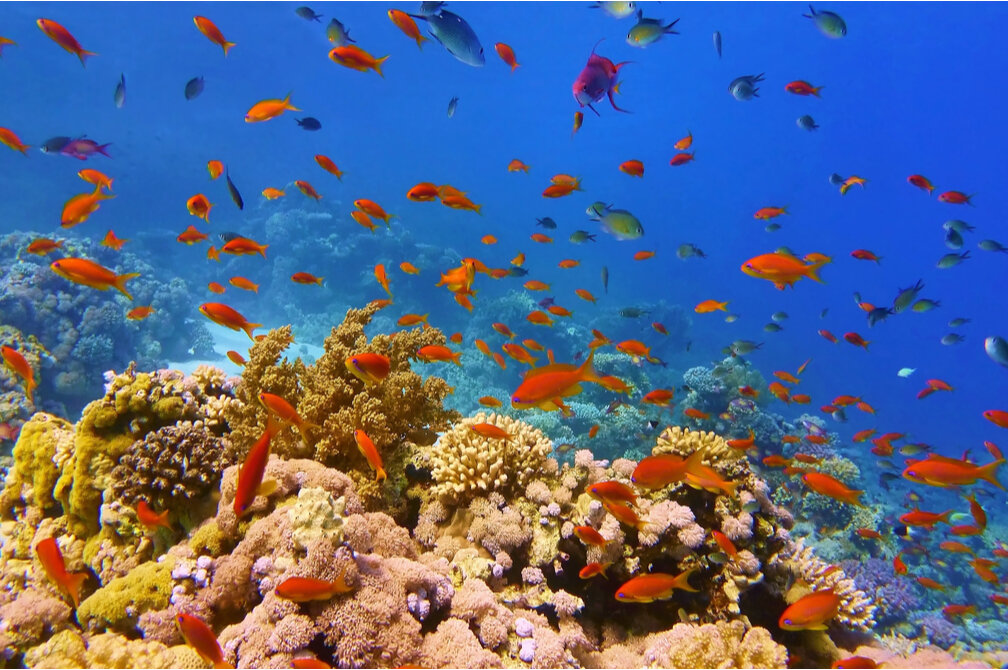
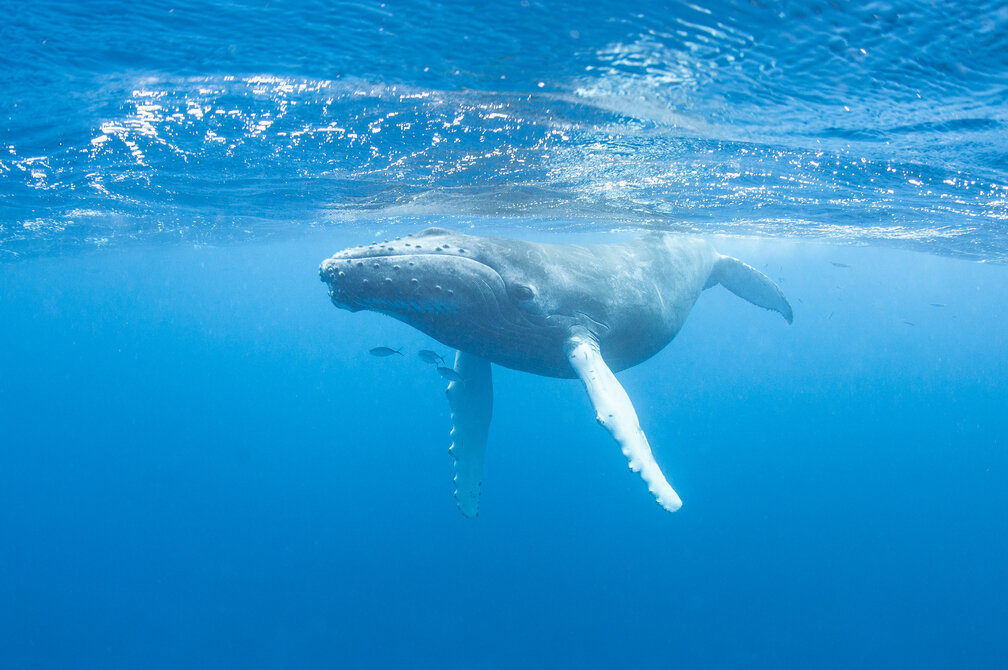
.jpg)
